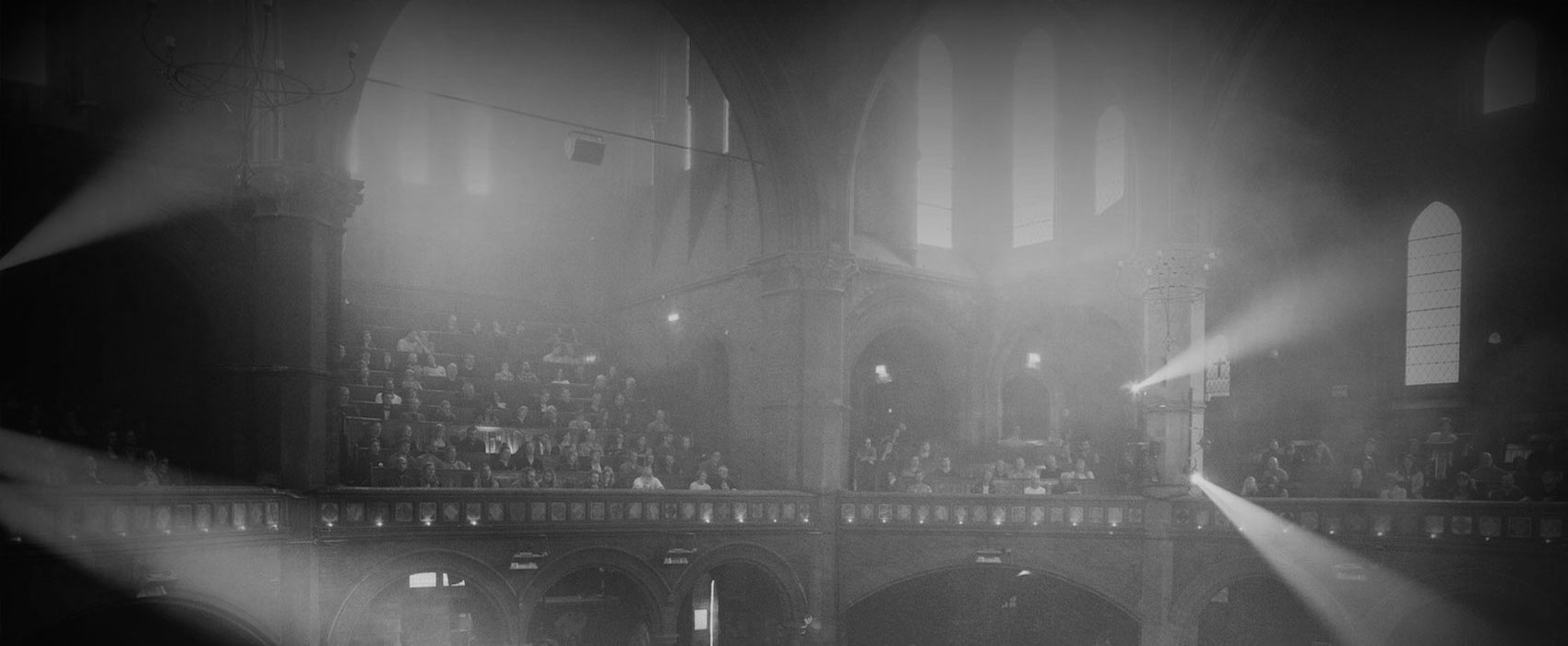Recently I went to see The Moth, a story telling outfit that originates from New York City. The Moth is polished, confident, knows what it is, and tells you. I liked that about it, that it sets its own parameters of excellence and invites you to share them, like setting out a good meal that deserves attention, a certain care if it’s going to be fully enjoyed and appreciated.
Story telling has the potential to touch us at a really deep level. At the Poverty Truth Commission event I went to recently when someone said from the front that they were going to tell a story that there was a palpable deepening of people’s attention as they leaned in to the experience.
One woman who a story at The Moth, which had chosen “Don’t Look Back’ as its theme, was Phyllis Marie Bowdwin, a Bronx-born artist and a griot, which is the name given to Wes African story tellers, singers and poets. Dr Clarissa Pinkola Estés, author of Women Who Run With the Wolves has inherited many rich traditions of story telling that she weaves throughout the book. What struck me reading about the women story tellers she encountered was the respect given to them and their stories that was similar to that given at the Moth.
There are codes of behaviour around stories and story telling, such as being sure to ask permission of the person whose story it is to use it. As well as codes about how to tell a story well, including endings and beginnings, there are also things to observe when listening to stories.
Would I ever stand up and tell a story in the way the five people did at the Union Chapel? Part of me would love to. But there was something else I really enjoyed about being involved in something that invited such a sense of honour. There was obviously a requirement that people didn’t talk, but the listening within the chapel was rapt. There is a connection between story teller and listener that is a pact almost, an agreement to go on a journey. And I felt a kind of dignity in being there, a sense that words and stories were important and that hearing them had its own sacredness.
There are times when I have felt this sacredness of story very acutely, when interviewing women such as those from The Untold Story Collective about their experiences working as street prostitutes, and watching Open Clasp Theatre’s production of Key Change and witnessing beautiful writing and performance truly honouring the stories of women in prison. More recently I’ve been listening to women working as Teaching Assistants in County Durham talk about how they have been transformed over the last two years as they have struggled against what effectively is a massive pay cut.
Stories have always appealed to me, but they seem now to be a rich seam to not only mine, but to learn about how to tell, how to listen, and honour. There is also a deep tradition of story telling among women to recover. Sharon Blackie’s book If Women Rose Rooted tells some rich tales about Celtic women that like those recounted by Dr Estés, are full and rich with wisdom about how to live as a woman. It’s the rootedness suggested in Blackie’s title that was evident at that packed chapel in Islington that I want to explore.
